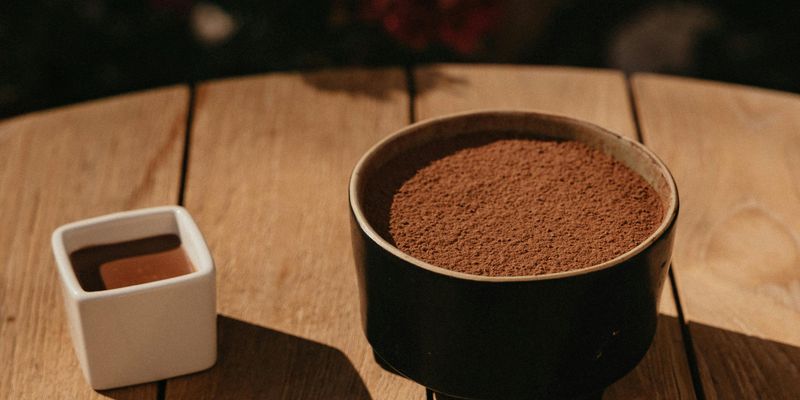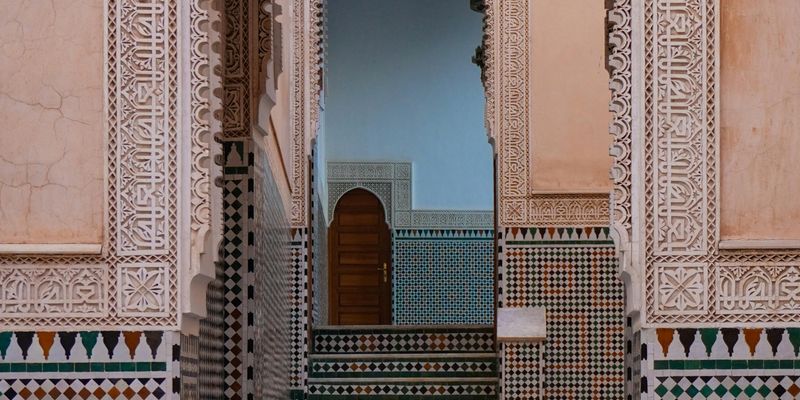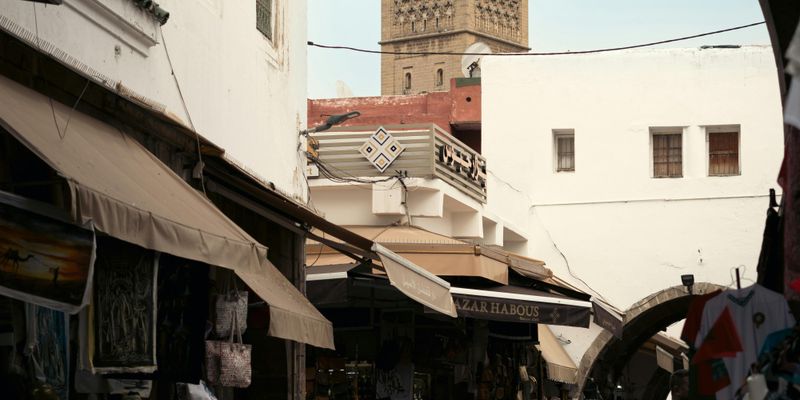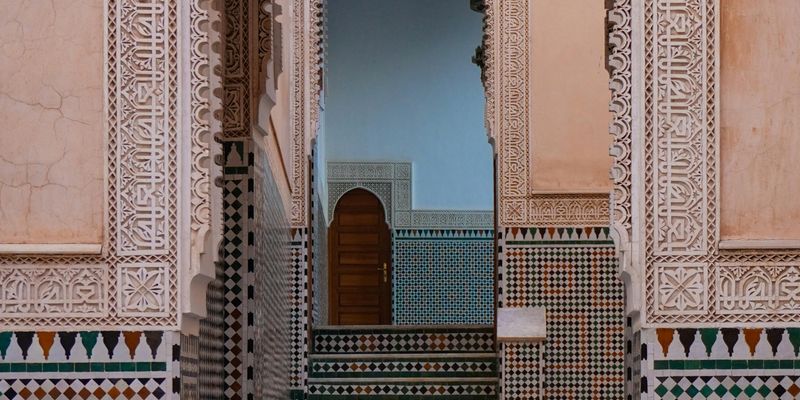
Introduction to Moroccan Cuisine
When one thinks of Morocco, vibrant souks, breathtaking deserts, and stunning architecture often come to mind. However, beyond these beautiful landscapes lies a treasure that speaks to the heart of Moroccan culture: its cuisine. A fusion of Berber, Arab, and Mediterranean influences, Moroccan food is a celebration of flavors that tells the story of its people.
The Magic of Spices
One cannot mention Moroccan cuisine without highlighting its extraordinary use of spices. Spices like cumin, cinnamon, ras el hanout (a complex spice mix), and paprika are staples in many dishes. A visit to any Moroccan market or souk will reveal a rich panorama of spices, displayed in colorful piles, each with its own distinct aroma. As you stroll through the bustling streets, the scent of spices fills the air, instantly awakening your appetite.
Must-Try Dishes
While in Morocco, here are a few dishes you absolutely cannot miss:
- Couscous: Perhaps the most famous Moroccan dish, couscous is made from steamed semolina and often served with vegetables and meat, drizzled with a savory broth.
- Tagine: Named after the earthenware pot it’s cooked in, tagine is a slow-cooked stew that can include a variety of meats, vegetables, and fruits, seasoned to perfection.
- Pastilla: A delightful pie made from layers of flaky pastry, typically filled with pigeon or chicken, almonds, and spices, dusted with sugar and cinnamon for a unique sweet-salty flavor.
Dining Customs and Traditions
Moroccan meals are more than just food; they are a social event. Traditionally, meals are enjoyed while seated on soft cushions around a low table. It is customary to eat with the right hand, and sharing dishes is a way to express hospitality. The famous phrase "Bismillah" (In the name of God) is often said before the meal begins, highlighting the importance of gratitude and community.
Don’t forget to leave space for dessert, often accompanied by mint tea, known as atai. This refreshing beverage, made with green tea and fresh mint leaves, is a symbol of Moroccan hospitality and is served at virtually every meal.
Exploring Moroccan Cuisine Beyond Borders
The influence of Moroccan cuisine stretches far beyond its borders. In many countries, Moroccan restaurants proudly serve the delicious staples of our food culture, allowing locals and travelers alike to enjoy a taste of Morocco. If you're not able to visit Morocco, local cooking classes and online tutorials are fantastic ways to delve into your own culinary journey.
Conclusion
If you're planning a trip to Morocco or simply wish to immerse yourself in its rich culture, the culinary experience is something you cannot overlook. From its intricate spices to the warmth of its hospitality, Moroccan cuisine invites you to partake in something truly special. Embrace the flavors, savor the dishes, and indulge in the stories they tell, for each bite brings you closer to understanding the heart of Morocco.







